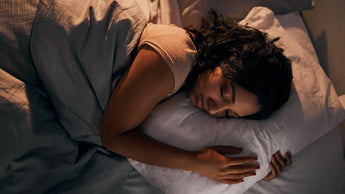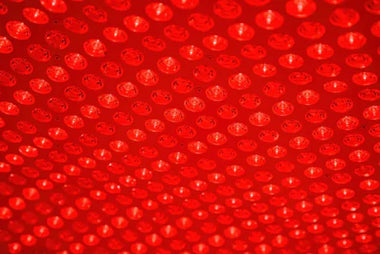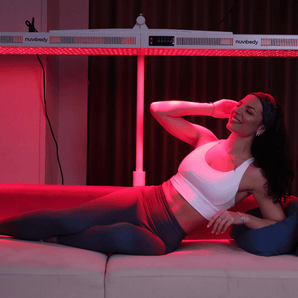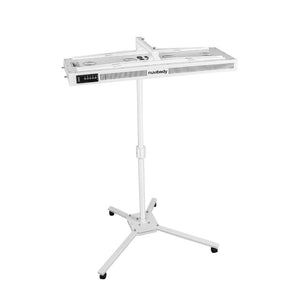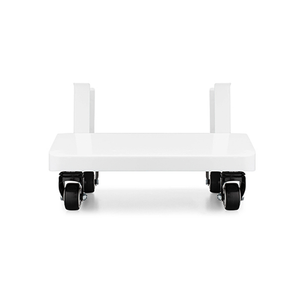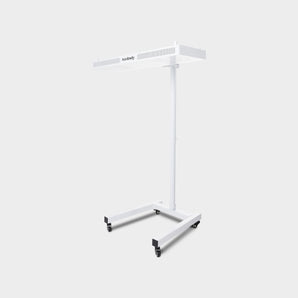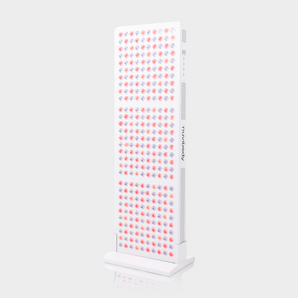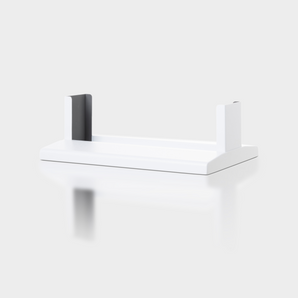Quality sleep is essential for health, energy, balance and longevity. Light plays a major role in your sleep cycle because of its influence on your circadian rhythms.
If you're looking for deeper, more restful sleep at night, here are 7 tips that can help optimize your sleep and wake up feeling more energized.
1. Stay Active
Our body’s activity level has its own circadian rhythm. Movement helps the body function properly because we are designed to move. Exercise is an essential part of sleeping better and feeling your best, especially early in the morning or afternoon. This has profound effects on your sleep and how you feel later in the day. Exercise promotes health by increasing body temperature, which provides therapeutic benefits as the body returns to its normal temperature. This allows you to experience the relaxing effects that promote sleep. Be careful though: just as you don’t want bright lights in the evening, you also don’t want to do intense exercise late at night. A good guideline is to avoid exercising for 3-4 hours before bed.
2. Don't eat right before bedtime
It’s not just what you eat that matters, it’s when you eat it too. The foods we eat affect our body’s digestion and metabolism because they also follow a circadian rhythm, similar to your sleep/wake cycle. Your organs are hard at work while you sleep, processing fat and preparing your body for the next day. They work more efficiently when you eat at around the same time every day, which helps establish long-term rhythms. It takes your body an average of 8-10 hours to process food. Anything you eat before bed affects the rest you receive. It’s best to eat your last meal no later than 2-3 hours before bed so your body has time to metabolize and digest. This switches your body from building stored fat to burning it overnight.
3. Avoid Alcohol and Caffeine in the Evening
Caffeine is a powerful stimulant that is best avoided after the early afternoon. Most people need at least a few hours to process caffeine and overcome the energy-sapping effect it has on your body. Avoiding caffeinated beverages can help you feel more ready for sleep, especially if you consume them in the late afternoon. While some people think that drinking alcohol in the evening makes it easier to fall asleep, the truth is that it is more like a sedative. Try to have your last drink of the night with dinner so that your body has time to process the alcohol or caffeine and fall asleep faster.
4. Keep your bedroom cool
To get into deep sleep, your body temperature needs to drop 2 degrees. The easier you make this for your body, the faster you will get into deep sleep. You can support your body in this by keeping the temperature in your room between 17-19 degrees Celsius. Warm and stuffy rooms make it harder to fall asleep and stay asleep.
5. Silence helps you sleep!
This is clear: you sleep better when it’s quiet. Unfortunately, many people have been seduced by the comfort of falling asleep with music or television playing in the background. This results in waking up halfway through the night to turn off the electronics and continue sleeping. In addition, any form of noise during your sleep causes a stress response in your body which causes you to sleep less deeply. This disrupts your circadian rhythm and makes it harder for your body to process fat and recover properly during the night. So, turn off those computers and smart devices and get the rest you deserve, if you live in the city it might be wise to sleep with earplugs.
6. Healthy light intake is essential for better sleep
Overexposure to blue light from our laptops, smartphones, and televisions is disrupting our natural circadian rhythms. While we know that some types of light are better than others when it comes to the quality of your sleep, blue light is not one of them. The artificial, concentrated wavelengths of overstimulation from new technology are a problem that many people face. Blue light tricks the brain into thinking it is time to be alert and awake, due to the very high color temperature of light that is naturally present especially in the morning sunlight. Limiting blue light before bed and giving your body a chance to wind down will definitely help you get a more peaceful, deeper sleep.
7. Red light therapy for improved sleep
Red light therapy from a Nuvibody device can not only counteract the overexposure of blue light we are exposed to during the day, but is also designed to improve sleep and cellular balance. If you find yourself working indoors most days or simply not getting enough sunlight, the soothing, therapeutic light from a Nuvibody device can help you get the rest you seek. This not only makes it easier to fall asleep, but it also helps you stay asleep.
Sources and References:
[1] Konturek PC, Brzozowski T, Konturek SJ. Gut clock: implications of circadian rhythms in the gastrointestinal tract. J Physiol Pharmacol. April 2011
[2] St-Onge AP, Mikic A, and Pietrolungo C. Effects of Diet on Sleep Quality. Advances in Nutrition. September 2016
[3] Sleep Foundation. Stress and Insomnia.


